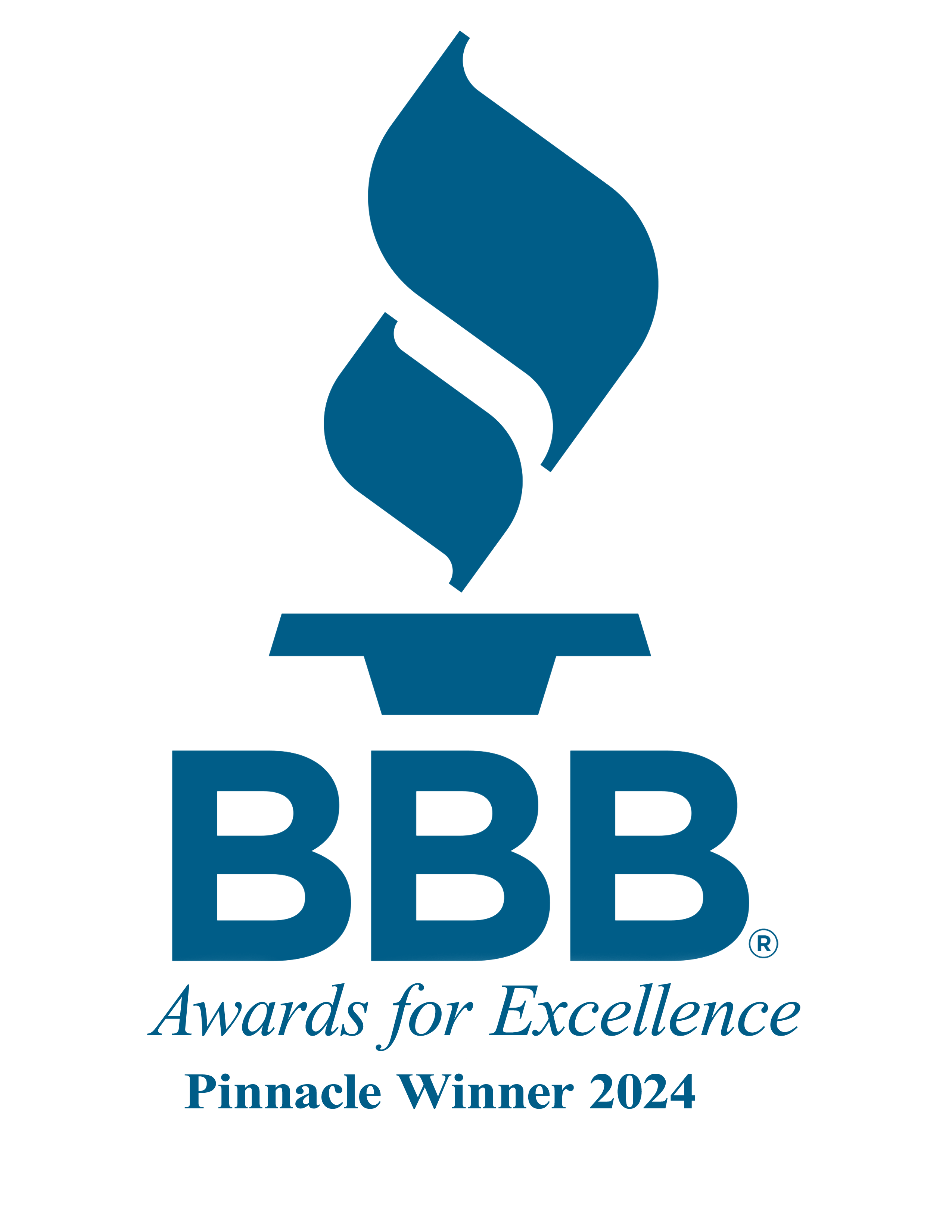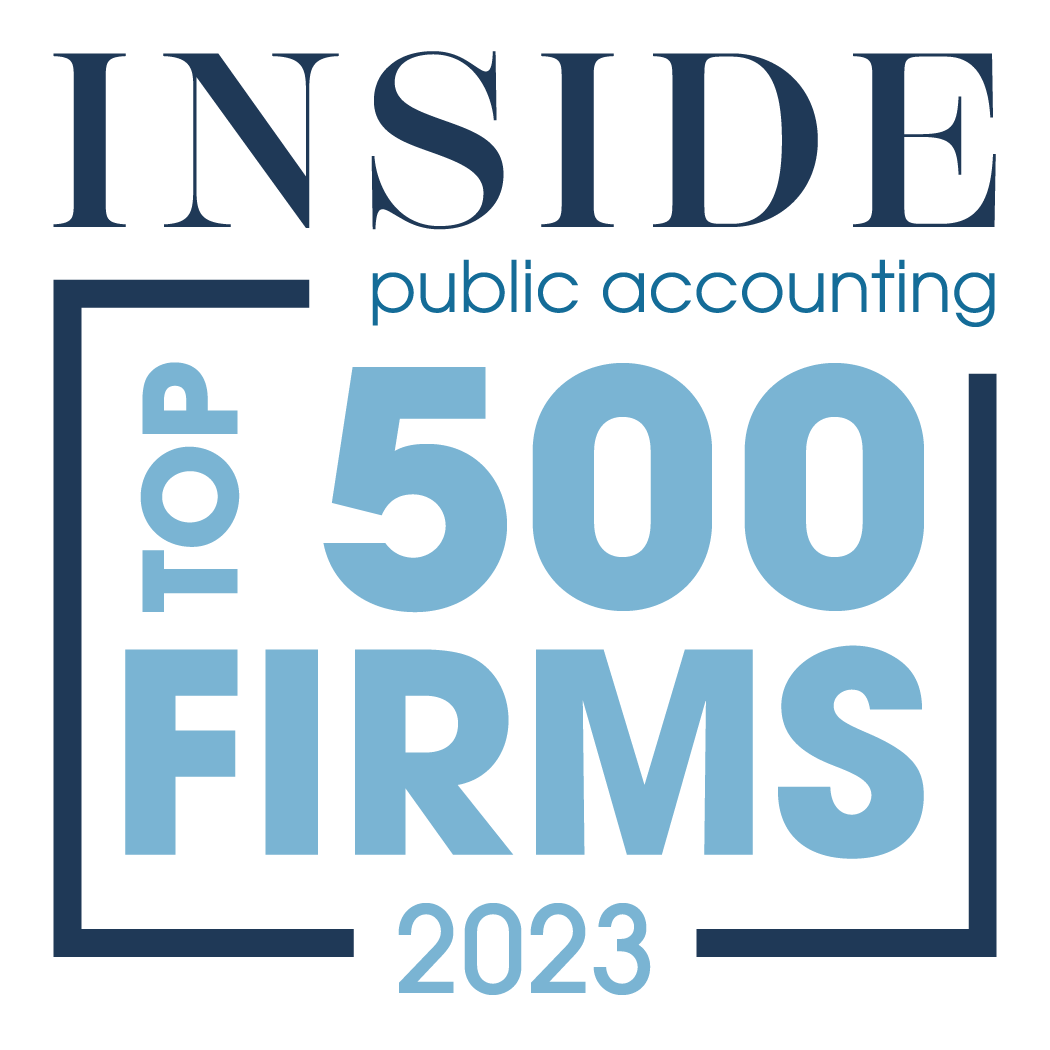
For most entrepreneurs, the most difficult part of starting a business is not coming up with an idea but financing the start-up. Over the past few years, many lenders have tightened their requirements for small business loans, leaving some would-be owners out in the cold. Another option is available, namely using your retirement funds to finance a business startup or providing the equity lenders need to make a loan.
In most instances using retirement funds will incur taxes and penalties, however there are three ways in which you can avoid both:
- Using a Roth IRA if you are over age 59 and the Roth IRA has been open at least five years
- 401(k) Loan Option
- Using a BORSA plan also known as Rollover on Business Startup Solution (ROBS)
Roth IRA
Taking a Roth IRA distribution may not be the most efficient way to fund a business, but it does have a potential advantage as it could help avoid taxes on the gain from the money used.
401(k) Loan Option
Some 401(k) plans allow you to borrow against your retirements account. This feature works well only if a small amount of money to start a business is required. Plans with this option allow participants to borrow the lesser of $50,000 or 50% of the vested value of your plan assets. The loan must be fully repaid within five years, via payments that are at least quarterly, at market interest rates.
ROBS
ROBS is the most flexible way to fund a fledgling business. To understand this structure you have to understand provisions of the Employee Retirement Income Security Act (ERISA) and the Internal Revenue Code (IRC). The plan should be approved by both the Department of Labor (DOL) and the Internal Revenue Service (IRS). This approval comes in the form of a Favorable Determination Letter from the IRS.
This method is a great way to fund a business, especially if more than $50,000 in a qualifying retirement account is available. If less than $50,000 is available, taking a loan against the investment may be a better option. ROBS may be used for business acquisition, working capital or as a down payment for additional financing. If you meet the criteria, it is usually the most cost-effective method, plus there is no requirement to repay the money especially in those early years of operation.
Setting up a ROBS involves rolling over a pre-tax IRA or 401(k) plan account into a new 401 (k) sponsored by a “C” Corporation. The rollover funds are then invested into the stock of the “C” Corporation. The account holder can then earn a reasonable salary as an employee of the business.
Starting or buying a new business is complicated. Using your retirement money to fund a business is a viable option but also adds a layer of complexity that you need to understand. Your best plan of action before you do anything is to consult with someone who understands the pros and cons of each of these options. DRDA, PLLC – CPAs has provided these services to thousands of entrepreneurs and we would be happy to discuss this option and help you determine what method works best for you. Contact us to learn more about BORSA (Business Owner’s Retirement Savings Account), our exclusive ROBS plan that allows investors to access their 401(k) funds tax and penalty free.









